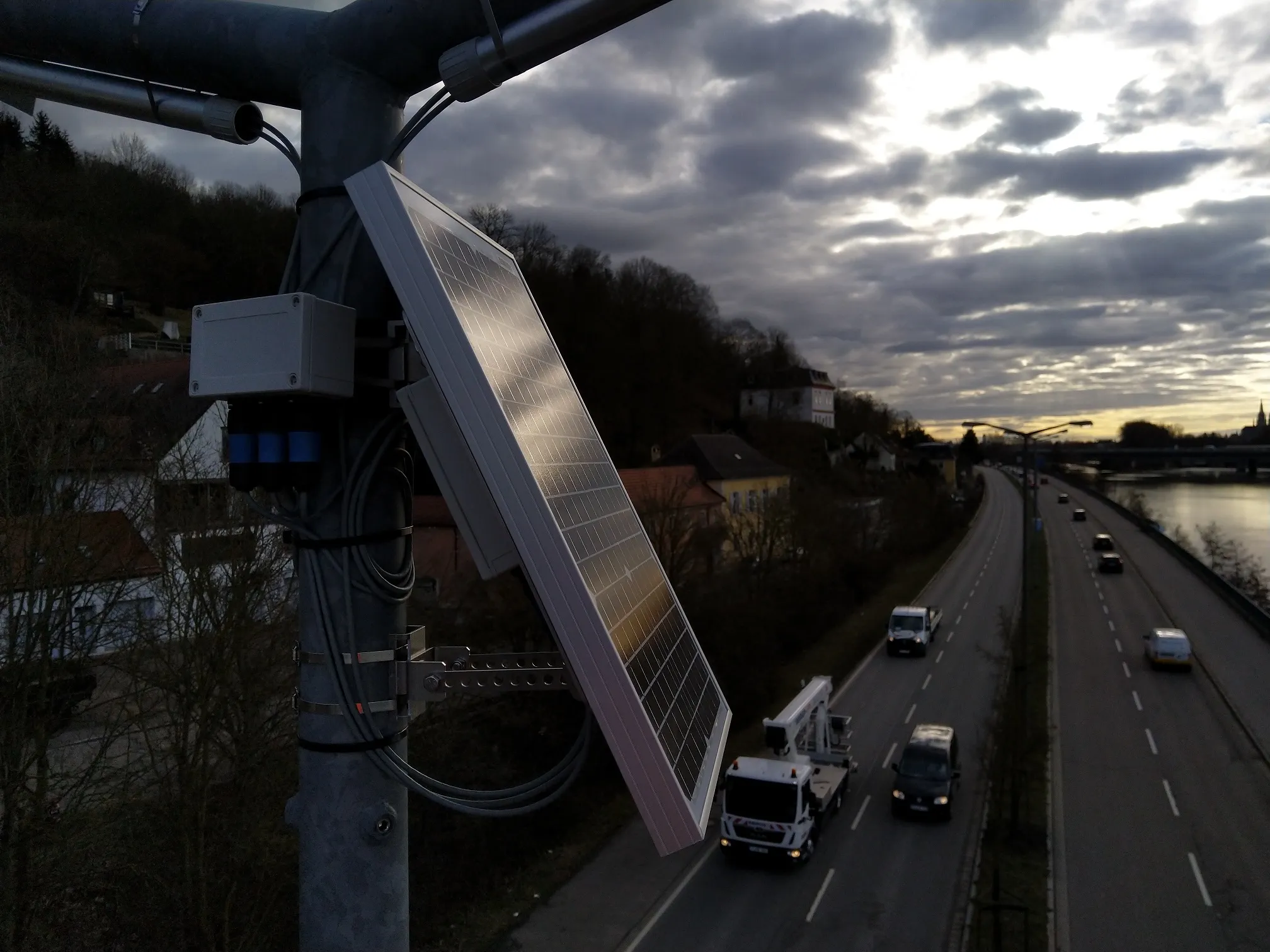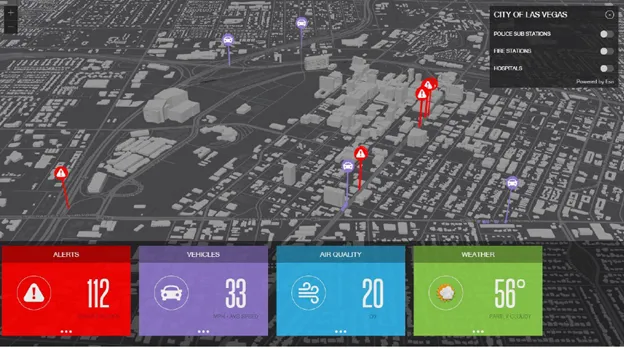
Solar power is at the heart of a traffic management programme in Regensburg, Germany.
Swarco Traffic Systems has installed 108 TDC1-PIR low-power traffic detectors, integrated via Adec Technologies' solar-powered BS2 IoT Gateway, into the Swarco Gecko Cloud.
By aggregating five-minute interval data from these 108 measurement points, city officials will be able to optimise traffic flow by adapting traffic light timing.
“The traffic management system includes a Swarco Urban Traffic Control Centre and 198 connected traffic signals," explains Guido Kugel, Swarco Traffic Systems product manager detection & data.
"It uses traffic data from the Adec detectors and IoT gateways to capture real-time traffic situation information and compare it with traffic data collected at the traffic signals. The data thus collected is analysed and evaluated to feed into the traffic control module of the city of Regensburg."
Swarco specifically wanted a solar-powered solution as the client was "specifically searching for a solution that would be self-sufficient and not require any special infrastructure".
Adec MD Andreas Hartmann said this is the largest installation to date with the firm's solar-powered BS2 IoT gateways.










